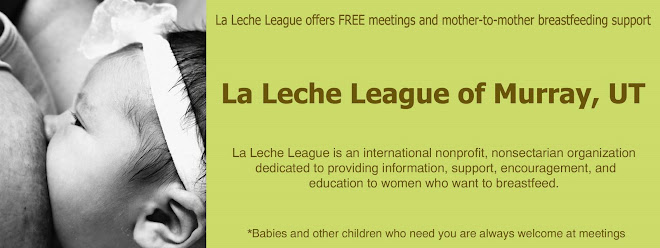Summer
Safety 101
Water Safety
Water safety devices? IMO: False
sense of security, only watching can ensure quick response!
~Don't
allow “floaties” to give you a false sense of security, they are
not enough to keep your child safe
~Many
times parents become reliant on these, the most important thing, is,
unless your child is water safe. . .YOU WATCH YOUR CHILD! Even when
they are wearing a “life saving device.”
~Near
open water a life jacket should always be on, if child is not being
monitored and is not water safe
~For
babies, thin stretchy material to make water “moby”
~Know
the signs of drowning: Can not wave or call for help, mouth
alternates between submerging and above water, no kicking movement,
but are upright in water for 20-60 seconds before submerging. 10% of
drownings each year happen within 25 yards of someone who could have
helped if they'd known the signs!
~Give
kids (and self) a break from water play, to avoid fatigue-eat a
snack, take a potty break, get some water, re-sunscreen. All public
pools have hourly “pool checks” so it's easy to remember!
*Note:
Fear of water and floating apparatus are not enough to keep your
child “safe” from water, teach water safety and survival before
worrying about whether your child is a “good swimmer” though
these never ensure “no drowning”
*Anyone
can drown in just a couple of inches of water. . . do not leave young
children unattended, even with “kiddie pools”
Simple skills to work on this summer
~Getting
baby/kids comfortable with water
~Dunking,
blow in baby's face first
~Putting
Face in water
~Blowing
Bubbles
~Floating
~Going
from face down to floating on back or from vertical to floating on
back
going
to the edge
~Jumping
in and swimming back toward side
What
if my child won't put face in water?
Try
a straw in the bath tub, child blows bubbles through straw, every few
nights, cut the straw a little
Try
goggles in bath tub
Sun Safety
Water
~Keep
water in your car FOR your car
~Keep
water in your car for YOU & others
~Use
blankets to cover carseats or place in windows every time you get out
of the car
Sun Protection
~Being
outdoors before 10am and after 4pm
~Staying
in the shade
~Wearing
protective clothing instead of sunscreen: tight weave cotton clothing
~Sunscreen:
check skindeep database for information on sunscreens
~What
about Vitamin D? What have you heard? What do you know? “A few
minutes at midday is enough for most caucasians”
http://www.skincancer.org/healthy-lifestyle/vitamin-d/make-vitamin-d-not-uv-a-priority
Consider adding Vitamin D rich foods to your diet, any more than a
few minutes at midday and it actually begins to destroy the Vitamin D
in the body
~Read
an article this week about foods that can prevent sunburn?
~Sunglasses
~Hat
~Sunscreen
should be applied 15 minutes before swimming and in the heat of the
day, every hour after
*You
can still get sunburned on a cloudy day AND in the car, if you're
going to be outside or in the car for long periods, consider proper
clothing or sunscreen
Equipment & Activities
Visiting
parks early or late to avoid hot equipment and fatigue
(also
planning activities like bike riding and hiking at these times)
Infants?
~Wearing baby can keep a new baby fully covered
~Wearing baby can keep a new baby fully covered
~Add
a hat or a lightweight receiving blanket for walks and outdoor
activities
~Body
temperature regulated by closeness, holding, nursing, wearing
~Nursing
hydrates, no water necessary
~Under
6 months should not use sunscreen, dress in lightweight but full
coverage clothing when possible
Summer Activities
~Fireworks-never
let children light fireworks and always keep them at a safe distance
~Strenuous
activity should be limited to 15 minutes
Being
outdoors
~Interesting
note: do not use combination sunscreen/repellant since sunscreen
should be reapplied, while repellant should NOT be reapplied
~HELMETS-but
not for under 1. Head injuries are the most common injury in
toddlers, due to not wearing helmets (even on a tricycle). Get
proper safety and protective equipment for your child beforehand if
they'll be doing anything that involves wheels (except a stroller)
~Consider
taking a CPR course this summer
~If
you'll be doing boating, camping, deep woods hiking, etc, make it a
special point to look up safety tips before charting new (personal)
territory, especially if you've never done these activities with
children
Links for information used (beyond my own knowledge as a lifeguard, swim instructor, sun lover and mom)
Vitamin D
Signs of Drowning
Can Foods Prevent Sunburn?
General Summer Safety Tips
Safety Prevention Page
Skin Deep Database
Skin Deep Sunscreen Guide

